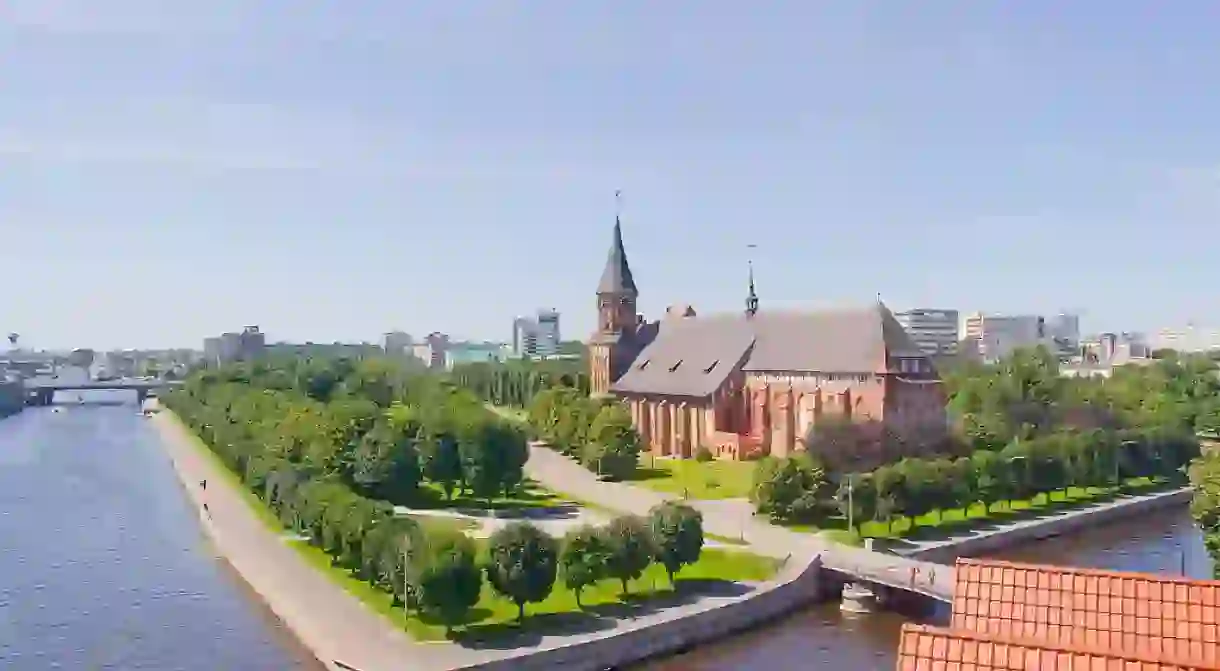A Guide to Kaliningrad's Neighbourhoods

Kaliningrad is a city with a very rich and turbulent history. Once Prussian and then a German city, after the Second World War it became a part of the USSR and, upon the latter’s dissolution, part of Russia. This patchwork of influences is clearly visible in the city’s layout, architecture and administrative divisions. The borders and number of Kaliningrad’s districts have changed throughout the years, and the current division was only established in 2009. Right now, Kaliningrad consists of the Moskovskiy, Leningradskiy and Tsentralnyi districts. Here is a comprehensive guide to all of them.
Leningradskiy district
This is a part of town that encapsulates most of the historical and geographical city centre. This is where many of the city’s attractions can be found, including the Botanical Garden, the Amber Museum, the Upper Pond and Victory Square. The southern parts of this neighbourhood are a perfect place to stay during your visit. From there, all of the things worth seeing in Kaliningrad are within walking distance.

Moskovskiy district
This part of town suffered greatly during the Second World War. Many of the buildings were completely destroyed, and after the war Soviet collective housing was built in their place. Up until now, this neighbourhood has been considered the “sleepy district” of Kaliningrad, as the Soviet blocks of flats are still standing and remain one of the most popular places to live not only in Kaliningrad but also all across Russia. The northern part of the district, however, includes some of the city’s most important sights, including Kant Island and the Fishing Village. If you’re pondering where to stay during your visit, those parts of town are a great idea: here it is possible to have a view over the Pregola River and the Königsberg Cathedral, and the very city centre remains within walking distance.

Tsentralnyi district
This part of town suffered the least during the war. Parts of this neighbourhood are very unusual for a Russian city: small, paved streets are populated by smaller or larger Prussian buildings, covered in red shingles and painted in colours uncommon for Russian buildings. Some parts of Tsentralnyi, if the street signs were covered, could equally well be located somewhere in Germany or northern Poland. This is a great place to stay if you’re looking for a local, quiet experience and if you’d like to see the visible traces of history in the making.

Kaliningrad is not a very big city, but it is nonetheless very diverse, and its three districts show it clearly. Whichever one you choose as your base, do not miss out on the other ones; walk a lot and pay attention to what surrounds you, as Kaliningrad really is a yet undiscovered gem of the Baltic.













